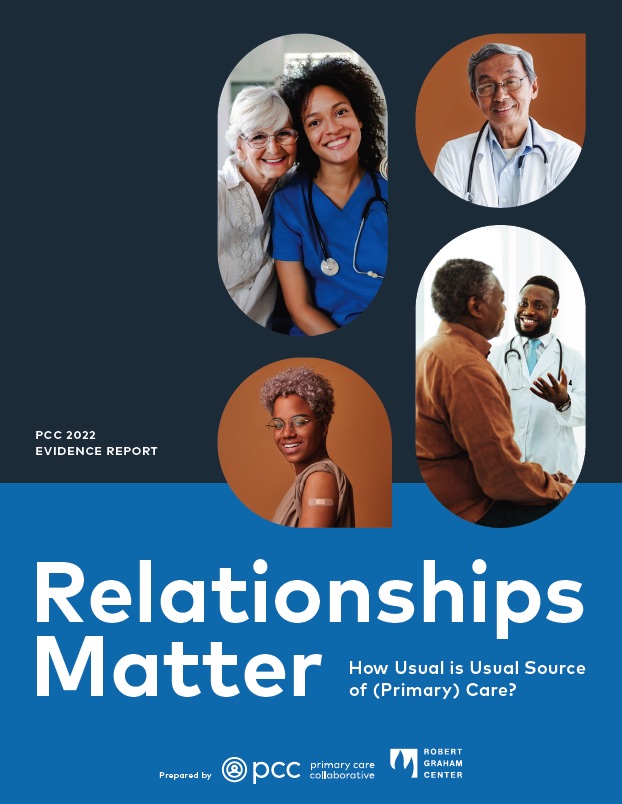You are looking at an archived version of our site. Please visit thepcc.org for a fresh, new experience!
Addressing Inequities with Whole-Person Primary Care Webinar
Health care leaders are increasingly calling for an approach to care that treats the “whole person”—inclusive of individuals’ mental health, behavioral and lifestyle factors, and their social and economic environment. Is such a model attainable? And can complementary treatments (such as managing stress and sleep, nutrition coaching, and practices like yoga and acupuncture) be incorporated into care for all patients, not just those who can afford them. This is a discussion of the evidence behind integrated care that includes drug-less approaches, lifestyle and self-care, and community services; how these interdisciplinary approaches can be successfully carried out in a range of care settings; and what a greater focus on whole-person health looks like for patients. Panelists will explore how advanced primary care can reorient away from treating sickness in a fragmented system and towards fostering greater well-being and health equity for all communities.
Expert- Utilizing group visits in FQHC, Kronos Health
Jeffrey S. Geller, MD joined Kronos Health in 2019. He is a family physician and a nationally recognized expert in the group visit model of care where small groups of patients work together to improve their health guided by a medical provider. Dr. Geller is particularly well known for his work in creating the largest group visit program in the U.S., and his ideas about empowerment. In June of 2009 he received the Healthy Youth for a Health Future Champion Award from the US Surgeon General to acknowledge the innovative group programs for treating pediatric obesity sponsored by New Balance. read more
Assistant Director for the Dept. of Family Medicine, Jamaica Hospital Medical Center (JHMC)
Dr. Lewis is a graduate of the New York College of Osteopathic Medicine. She completed her residency training at Georgetown University/Providence Hospital Family Medicine Program in Washington, DC. Dr. Lewis is the coordinator of the Women’s Health curriculum, which includes prenatal care and GYN procedures. She also coordinates the International Medicine curriculum and travels with the residents throughout the year on different medical mission trips. Dr. Lewis completed a fellowship at the University of Arizona Integrative Medicine Program and is using her training to educate the residents on how to implement this approach to improve both their personal health and the health care of their patients. read more
VP of Clinician Services , Oak Street Health
Katherine Suberlak, MA is the Vice President of Population Health at Oak Street Health. In her role as a clinical social worker she is responsible for Behavioral Health and Delegated Care Management services within the care model. Katherine's career has focused on integrating behavioral health in primary care in order to create more equitable access to mental health and substance use services.
read more
Vice President for Health Justice, National Partnership for Women and Families
Sinsi Hernández-Cancio has served as Vice President for Health Justice at the National Partnership for Women and Families since March 2020. She previously served as the founding director of Families USA’s Center on Health Equity Action for System Transformation, where she led efforts to reduce disparities in healthcare outcomes and advance health equity.
She worked on building a thriving and vocal health-equity movement to protect the gains of the Affordable Care Act and leverage health care and delivery system transformation to reduce disparities.
She served on the Addressing Disparities Advisory Panel for the Patient-Centered Outcomes Research Institute (PCORI) and the Robert Wood Johnson Foundation’s State Strategies Advisory Committee. read more
What's New
August 16, 2024
- Page 1
- ››








